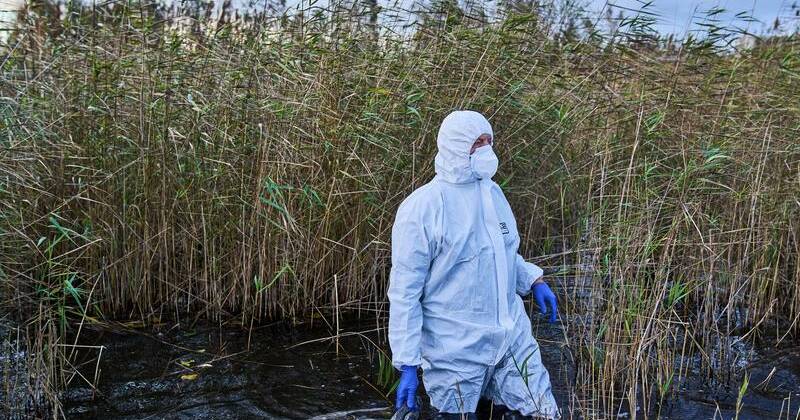
The United Kingdom has announced a mandatory housing measure for birds across England, effective Thursday, in an urgent effort to curb the rapid spread of avian influenza. This decision comes as Europe witnesses a surge in bird flu cases, with the highest number of affected countries in over a decade, raising alarms about a potential repeat of past crises that led to the mass culling of birds and subsequent spikes in food prices.
Recent confirmations of two outbreaks at commercial poultry farms in North Yorkshire and Devon, along with a third incident involving captive birds in East Sussex, have brought the total number of outbreaks in the UK to 23 for the 2025/26 season, which commenced on October 1. Of these, 19 have been recorded in England alone.
Background and Current Measures
The mandatory housing order is aimed at preventing contact between domestic and wild birds, a primary vector for the disease. This measure exempts keepers of fewer than 50 birds, provided their eggs and poultry products are used solely for personal consumption. The government stresses the importance of biosecurity measures to protect flocks from infection.
According to the World Health Organization, the risk of bird flu to humans remains low, with most cases resulting from close contact with infected animals. However, the virus’s increasing transmission to mammals warrants vigilant monitoring.
Historical Context and Economic Implications
The current situation echoes past outbreaks, notably the 2005 and 2016 crises, which saw millions of birds culled across Europe. These events disrupted poultry supply chains and led to increased food prices, affecting both consumers and producers. The European Centre for Disease Prevention and Control has warned that the current strain, identified as H5N1, is highly pathogenic and poses a significant threat to the poultry industry.
“The economic impact of avian flu extends beyond the poultry industry, as it affects feed suppliers, transport logistics, and retail markets,” said Dr. Emily Carter, an expert in animal diseases at the University of Cambridge.
Expert Opinions and Future Outlook
Experts emphasize the importance of surveillance and rapid response to outbreaks. Dr. John Mitchell, a veterinary epidemiologist, noted that “early detection and containment are crucial to prevent widespread transmission.” He added that international cooperation is essential, given the migratory patterns of wild birds that can carry the virus across borders.
Meanwhile, the UK government is working closely with the poultry industry to mitigate the impact of these measures. Financial support and guidance are being provided to affected farmers, aiming to minimize economic losses and maintain the stability of the food supply chain.
Looking Ahead
As the situation unfolds, authorities remain on high alert, ready to adapt strategies as necessary. The public is advised to report any signs of the disease in wild birds and to adhere to guidelines for backyard poultry keeping. The government has also launched an awareness campaign to educate the public on the signs of avian flu and the importance of biosecurity.
The coming months will be critical in determining the effectiveness of these measures. With the potential for further outbreaks, the focus remains on containment and prevention to avoid a repeat of past crises. The situation highlights the delicate balance between protecting public health and ensuring food security in an interconnected world.







